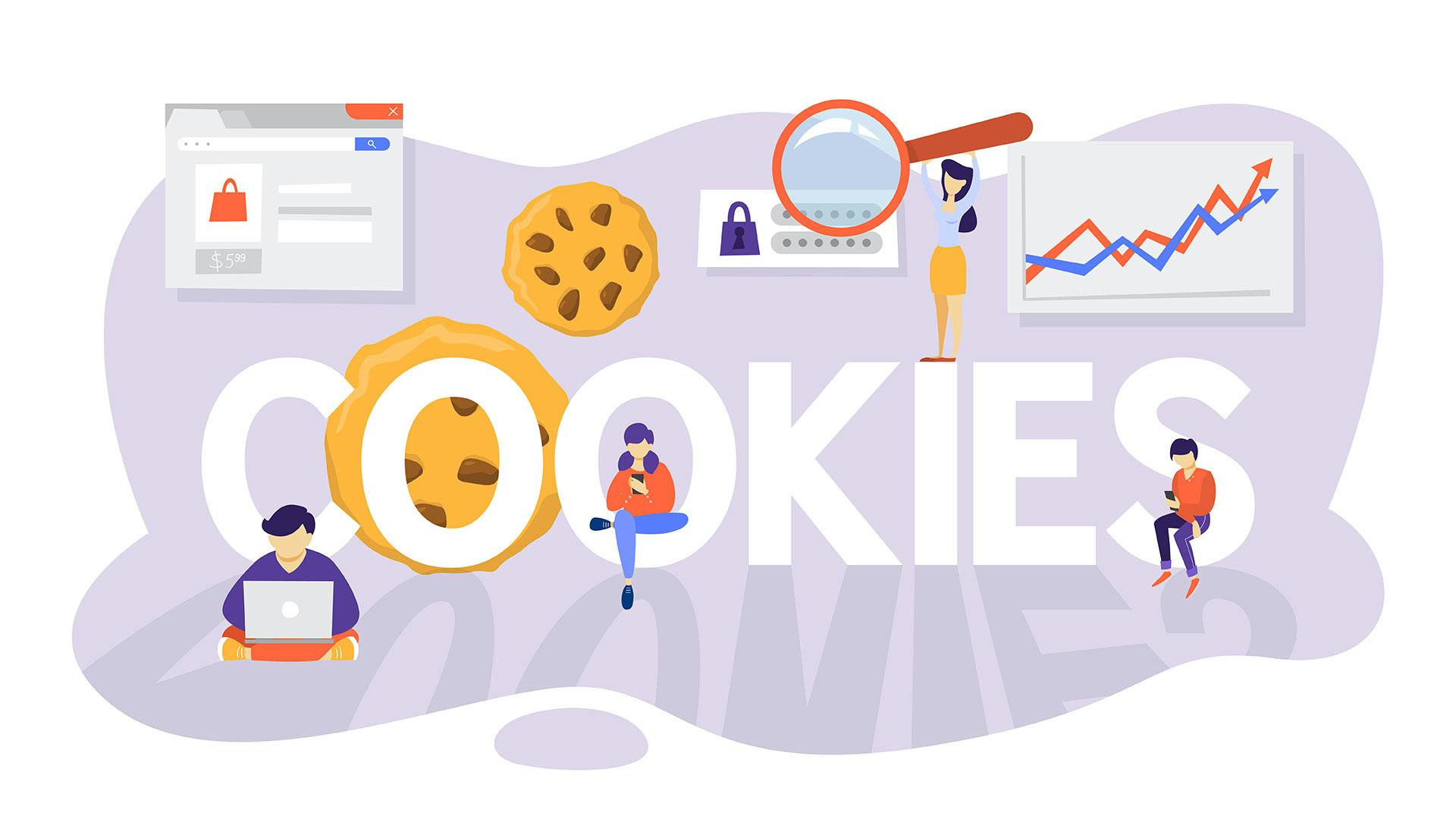FAQs & Policies
See below for FAQs plus links to NDGAI's privacy and cookies policies
What is OptifAI®?
OptifAI is a cloud-based industry-pioneering technology that will add significant value to scheduling software. Innovative artificially intelligent algorithms not only automate the scheduling process but create more efficient schedules, instantly, improving users performance and profitability. OptifAI focuses on what matters to its users and facilitates their business needs. Whether that’s delivering quality or consistent service, reducing operational costs and maximising profits, or a balanced approach, it creates solutions to meet organisational business objectives. OptifAI matches field-based workers to client-centric timeframes, skills, and equipment requirements, enabling users to determine and deliver the highest standard of field-based services to their clients anywhere in the world.
How quick is OptifAI®?
OptifAI is easy to use and saves hours of manual labour creating and maintaining schedules to meet users and their clients’ requirements. OptifAI requires certain details about client visits and workers to enable it to optimise to its full potential but once it has this information it is able to run scheduling solutions within seconds. OptifAI can also be re-run quickly if a client cancels or adds an appointment as of tomorrow, or in the future, or if a client temporarily increases or decreases their requirements, puts their services on hold or cancels their contract.
When can OptifAI® be used?
OptifAI is available to use 24 hours a day, seven days a week, 365 days a year. NDGAI shall use its reasonable commercial endeavours to provide more than 99.9% availability of the OptifAI software, excluding notified planned downtimes and emergency maintenance.
What are the benefits of OptifAI®?
Whatever industry you serve OptifAI will add value to your scheduling software enabling customers to achieve:
- Significant service delivery cost savings: More efficient schedules reduce labour and travel costs in the field, enabling you to take on more business without the expense of additional staff
- Enhanced service levels: Ensuring the right skills and characteristics are in the right place at the right time ensures you deliver the highest level of service
- Increased productivity: Boost efficiency and staff utilisation levels
- Administrative efficiency: Save hours of manual scheduling freeing up staff to fulfil other administrative tasks such as reviewing service plans and creating plans for new services, delivering a better return on investment on their wages.
- Improved well-being and employee satisfaction: Design schedules that support employees' health, safety, and work-life balance.
User benefits
- Tailored to the organisation's objectives and values
- Improves performance and profitability while helping provide a better quality of service
- Maximises bottom line
- Consistent and unbiased decisions which are based on business objectives
- Doesn’t have a bad day, go on holiday or call in sick
- Can work around existing visits that do not want to be changed
- Easy comparable solutions - OptifAI allows users to check and compare different scenarios while forecasting profits, continuity of service, travel, and other metrics
- Ensures compliance with the European Working Time Directive, Working Time Regulations, corporate policies, and more
- Avoid penalties for noncompliance
- Ensure compliance with clients’ booking constraints to prevent damage to the business reputation from compliance failings
- Saves hours of manual scheduling
- Make fast emergency adjustments
- More efficient coverage
- Flexible scheduling for different geographic areas
- Minimise travel time
- Flexible schedule management – Users can partially adopt a proposed solution
- The schedule coordinator is always in control - The AI enhances coordinator scheduling abilities, it does not necessarily replace them
Partner benefits
As well as offering pioneering technologies to your customers there are many other benefits to becoming an NDGAI software partner reseller. These include:
- Add value to your scheduling software proposition
- Modern state-of-the-art artificial intelligence technology
- Plug and play integration – easily configure the AI engine into your systems
- White-labelled SaaS – OptifAI can be branded to your corporate identity
- Cloud-based architecture – All OptifAI services are online only, there is no need to purchase infrastructure
How do I know it will work?
We know OptifAI is a profitable investment for our partners and users, but don’t just take our word for it. Check out what our customers had to say about the product in success stories.
How can I use/get OptifAI®?
NDGAI’s industry pioneering technologies are available integrated into your scheduling software through our trusted partner resellers or as a separate service directly from us. To find out more about contact us.
How much money can OptifAI® save users?
This is dependent on users’ business size, their number of clients, their number of workers, and how they are employed, but customers have seen significant savings in reduced scheduler/coordination staff wages alone, let alone the savings made in providing more cost-efficient services. More details about users’ cost savings can be found in success stories
What happens if OptifAI® goes wrong?
We are committed to providing a first-class service and are so confident in our product that we guarantee a 99.9% uptime, but sometimes things can go wrong and if that happens you can contact us for support.
How much will OptifAI®cost?
There is a fixed RRP usage fee charged on a per worker basis. Pricing packages vary depending on minimum usage and fixed-term contract periods. Please contact us for the latest pricing matrix.
What does PPW mean and how will I be invoiced?
PPW stands for price per worker. Each worker sent to the engine (regardless of how many times the worker is sent to the engine) has a unique identifier that the engine records. Every month a usage report is run from the engine. This report contains the number of unique workers sent to the engine that month by the customer, this means NDG can invoice accordingly. Customers sign up for a minimum number of (unique) workers per month at an agreed minimum invoice price per month, so even if the usage is slightly less than the agreed minimum, the invoice will always be for the minimum agreed price. If usage is above the agreed minimum number of workers, the "over usage" is calculated at the RRP and will be invoiced separately.
How long does it take to implement OptifAI®?
This depends on how much time and resources you have available. Contact us to discuss in more detail.
How complex is the implementation process?
Your team will be supplied with access to our partner community with collateral and documentation covering “how-to guides” and support plus the NDGAI team is on hand to assist you through the implementation until OptifAI is up and running and you are ready to sign off and go live. Your developers will ideally have experience working with web services, data transformation, and integrating third-party interfaces, to be able to understand the implementation process. More details can be found in For Developers tab.
Do I need to be an IT expert to implement OptifAI®?
You will need a software developer to implement OptifAI into your software, but do not worry, our team of experts is here to help and guide you and your software development team through the whole process. We highly recommend anyone working with OptifAI who has experience with web services, data transformation, and integrating third-party interfaces. We offer supporting documentation and code samples, which will be expressed and communicated in C# .NET Core 3.1 At this time we’re not able to provide extensive support for other programming languages or systems. If you are implementing our user interface source code, we recommend a background in both web services and client-side JavaScript.
Why are we getting different solutions despite the same inputs?
This is because of how the algorithms in the engine work. Typically these sorts of problems are solved by a mathematical solver which always finds the "very best" solution. These mathematical solvers have many restrictions and limitations. The problem we solve demands many things that would be impossible to achieve with a mathematical solver, therefore, we resort to heuristic techniques that use a stochastic element. Parts of the solution are randomly generated to allow the engine to look for better solutions. If the engine is left to run for an unlimited amount of time, it will find the same solution every time. However, we have to interrupt the engine at some point and it is entirely possible that different solutions are found; however, in terms of overall quality, the solutions found tend to be very, very close to each other. You can consider that OptifAI starts in a random location each time, within the problem. Given enough time (way outside the acceptable threshold) it'll eventually arrive at the same output, however, it does not run for an infinite amount of time, and the engine is interrupted once certain thresholds are met.
Why are all workers not being utilised?
Blockers should be checked in the first instance to ensure all workers are “available” for the engine to allocate to visits. The engine is designed to utilise workers as efficiently as possible because it will maximise efficiency and profitability to suit the template chosen. Version V2.4 in 2023 will include new criteria called workload balance, if chosen will allow the engine to share the workload fairly amongst the workers. If you require more/all workers to be utilised, this upcoming development will certainly suit your needs.
What is the definition of Direct RRP’s vs Integrated RRPs?
Direct RRP is the recommended retail price for customers using our product without full integration with their scheduling system, meaning the solution requires inputting manually into Careplanner once OptifAI has generated it.
Integrated RRP is the recommended retail price for customers using our product with full integration to their scheduling system, meaning the solution is automatically uploaded to the scheduling solution once OptifAI has generated it.
What is the difference between the onboarding portal and the live portal?
The 'onboarding' portal is used for testing, onboarding, and the pilot stages of the implementation process. The onboarding portal is designed for the initial onboarding/pilot/testing stage, its purpose being to provide users with a testing or sandbox environment in which they can play around and trial OptifAI using different settings. The server availability hours of the onboarding server can be adjusted to accommodate each customer's needs. In terms of performance, we will ensure customers get maximum performance and perform various tests and upgrades in readiness for each onboarding pilot customer and we monitor performance carefully throughout the pilot stage. This can all be discussed to avoid any confusion. Once this stage is complete, customers will move over to the live platform which is available 24/7.
NDGAI's Cookies Policy
A cookie policy is important because it helps to protect the privacy of website users. Cookies are small files placed on a user's computer and are used to track the websites a user visits. This information can then be used to create targeted ads and sell user data to third-party companies.

NDGAI's Privacy Policy
A privacy policy is important because it informs users about how their personal data will be collected, used, and protected. It ensures they are aware of their rights and can make informed decisions about whether or not to provide personal data.

Learn more about OptifAI®
Find out how OptifAI® can help your business do more with less today

